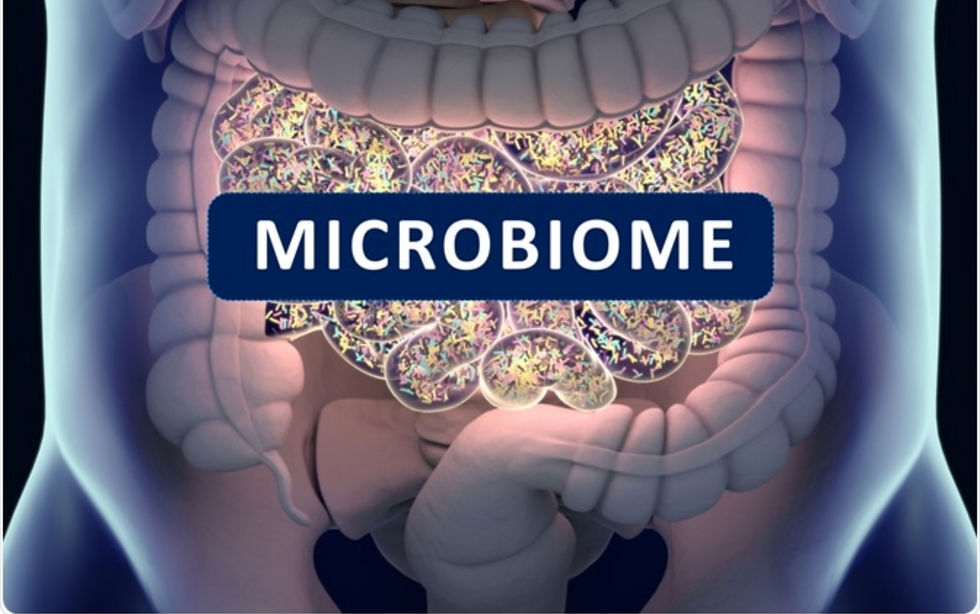GUT IMMUNITY
- Harini Rajeev

- Jul 26, 2020
- 2 min read
Over 100 trillion microbes are living on or inside our bodies that consist of communities of bacteria, as well as viruses, protozoa, and fungi. The combined genetic material of all of these microorganisms is referred to as the microbiome.Our microbiome is a vastly complex entity. The complexity of its genome is far greater than our own, and it forms a fundamental part of our existence. Among its many functions, the human microbiome plays an essential role in the development of our immunity, regulation of nutrition, metabolism, and it even influences how we behave.

There is a symbiotic relationship between us and our trillions of resident microbes. These tiny organisms are instrumental in the initiation, training, and maintaining our immune system. In optimal conditions, our friendly alliance confers defense against other adverse microbes and molecules.Just before birth, our gastrointestinal tract is believed to be microbe-free. However, we soon become colonized with our microbial allies as we pass through the birth canal, which is believed to be crucial for the lifelong functioning of our immune system.
While the process by which newborns can adapt to this colonization is yet to be completely elucidated, it is believed that immune components in maternal milk facilitate the process. As the baby grows, early diet plays an essential role in the further expansion of the gut microbiota.
GUT ASSOCIATED LYMPHOID TISSUE (GALT)
The microbiota of the intestines is believed to be important for generating signals that set the tone for systemic immune responses. Moreover, once the response is generated, the microbiome then plays a further role in inflammatory-response regulation. While these microbes are key components to our existence, barriers like the intestinal tissue must be maintained. These barriers form complex structures that allow for human-microbe interconnection.
P

Peyer's patches are small masses of lymphatic tissue found throughout the ileum region of the small intestine. Also known as aggregated lymphoid nodules, they form an important part of the immune system by monitoring intestinal bacteria populations and preventing the growth of pathogenic bacteria in the intestines.



Comments